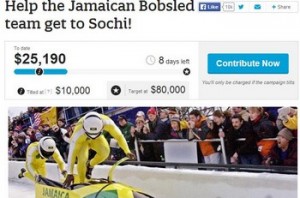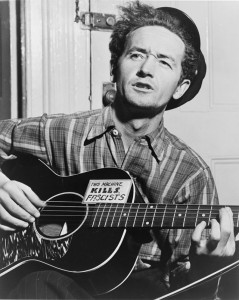Crowdfunding and Sport: How Soon Until the Fans Own the Franchise?
 The latest issue of the Marquette Sports Law Review is now available online. This is a faculty symposium issue. I am proud to have my article, “Crowdfunding and Sport: How Soon Until the Fans Own the Franchise?,” included in this issue. Here is the introduction.
The latest issue of the Marquette Sports Law Review is now available online. This is a faculty symposium issue. I am proud to have my article, “Crowdfunding and Sport: How Soon Until the Fans Own the Franchise?,” included in this issue. Here is the introduction.
The Green Bay Packers football team operates as a nonprofit corporation that has been publicly-owned since 1923. Since that time, the franchise has raised capital by selling shares of stock in five different stock offerings, and there are currently over 350,000 individual members of the public who are shareholders of the team. These shareholders are the joint owners of a sports franchise that is currently valued at $1.375 billion.
The public ownership of the Green Bay Packers is often noted in the media, and it is generally praised for contributing to the team’s strong tie to the surrounding community. However, it is highly unlikely that any other N.F.L. team will follow in Green Bay’s footsteps. Public ownership of franchises is actually prohibited under the current N.F.L. Constitution, and Green Bay’s ownership structure persists solely because of a grandfather clause that excludes the Packers from the prohibition. Moreover, the unique nature of the Packer’s public ownership structure extends beyond the boundaries of the N.F.L. The Green Bay Packers are currently the only wholly publicly owned franchise among all of the four major sports leagues (football, baseball, basketball and hockey) in the United States.
There is no reason why publicly owned professional sports teams cannot thrive and succeed at the same level as privately owned teams. While public ownership of professional sports teams is relatively rare in the United States, it is common overseas. Notable examples of publicly owned soccer teams are Real Madrid and Barcelona FC, both of which play in Spain’s Liga Nacional de Fútbol Profesional, commonly known as “La Liga.” These teams are operated as “socios,” a form of nonprofit organization where fans of the club pay an annual membership fee for the right to buy season tickets in a special section of the stadium and the right to vote on certain management decisions. Another team that plays in La Liga, Real Oviedo FC, has maintained consistent and significant numbers of public owners despite the relative disadvantage of being based in the region of Asturias, far from Spain’s major population centers.
It is not just that the United States lacks more than one example of a major league team that is wholly owned by the public. It is also uncommon for American major league sports teams to have a minority ownership stake comprised of public shareholders. In recent decades, the private owners of several major league franchises have experimented with establishing and maintaining a publicly owned minority stake, seeking to inject additional capital into their team whilst still maintaining control over the enterprise. However, in each instance the private ownership group used a stock offering in order to create a minority interest, only to subsequently abandon the structure and negotiate the sale of the entire team to new owners. For example, the Cleveland Indians baseball team held a public offering of shares in 1998 but went wholly private again in 1999. The Boston Celtics basketball team had a longer run with minority public shareholders, holding a public stock offering in 1986 but eventually reverting to wholly private ownership in 2002.
Today the ownership of major league sports teams in the United States remains almost exclusively the province of large corporations, wealthy individuals or ownership groups comprised of these same two actors.


